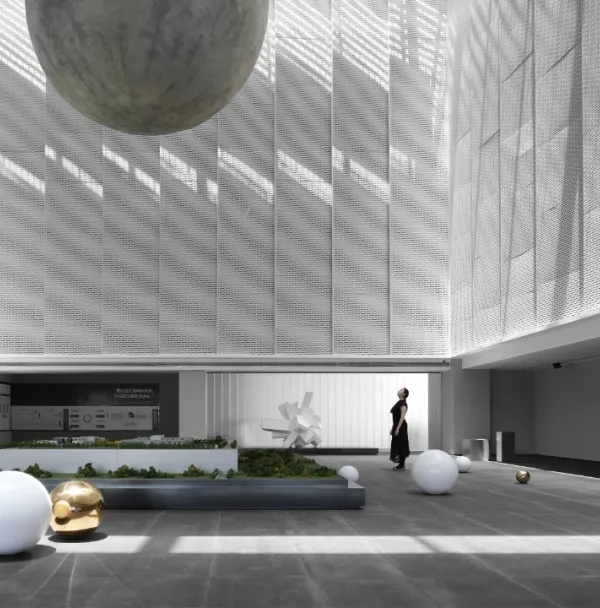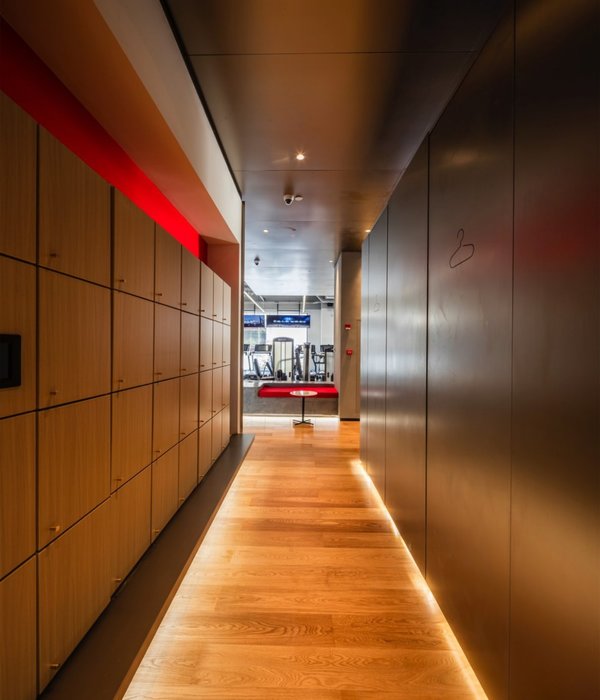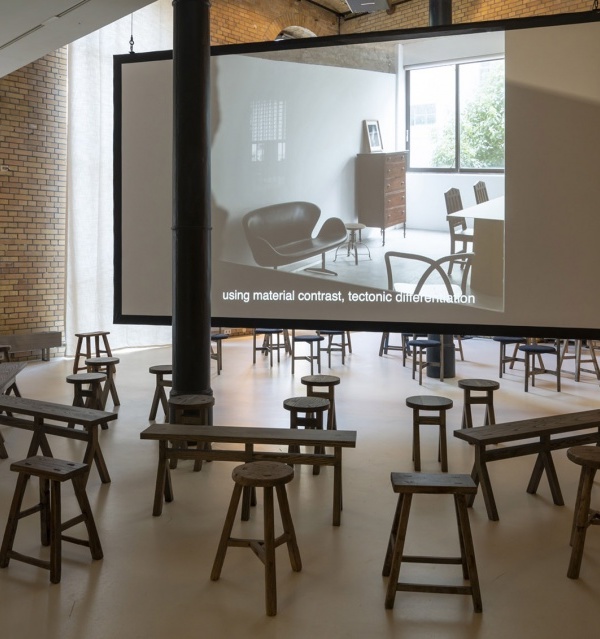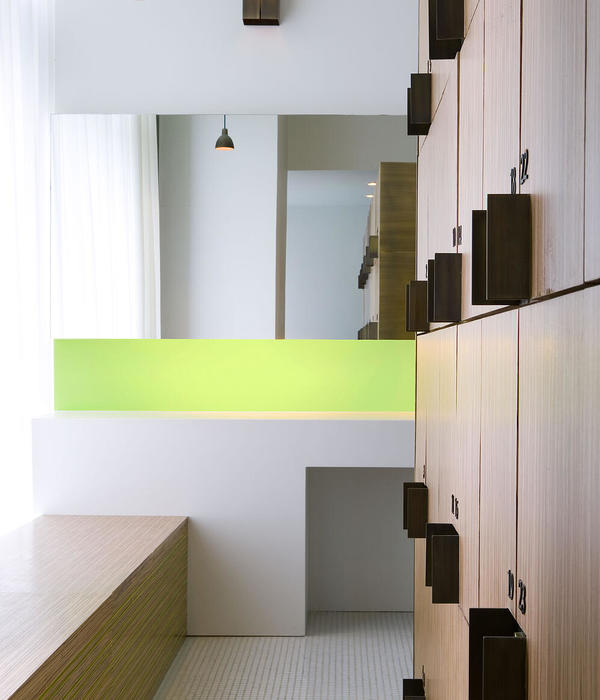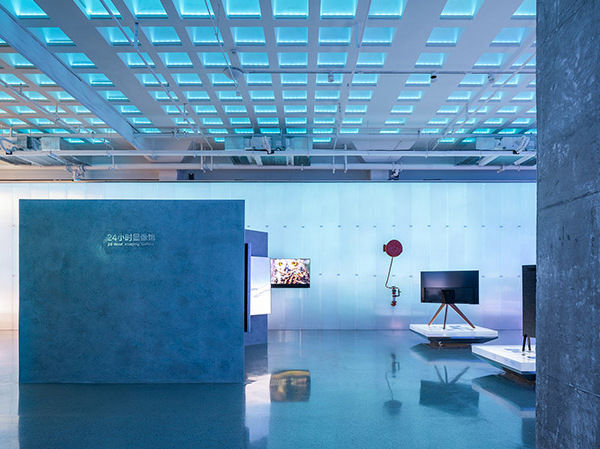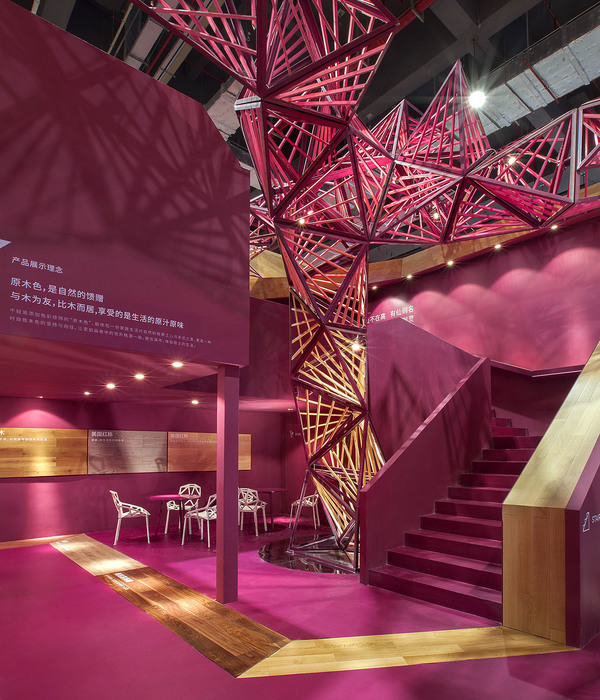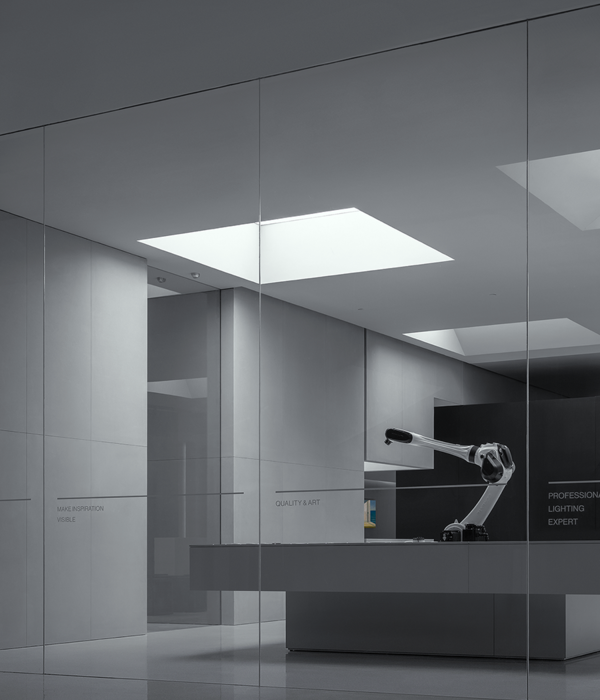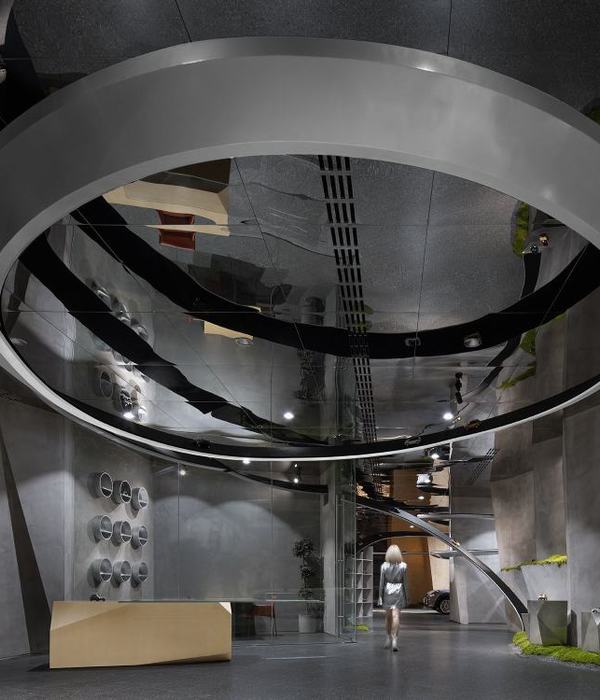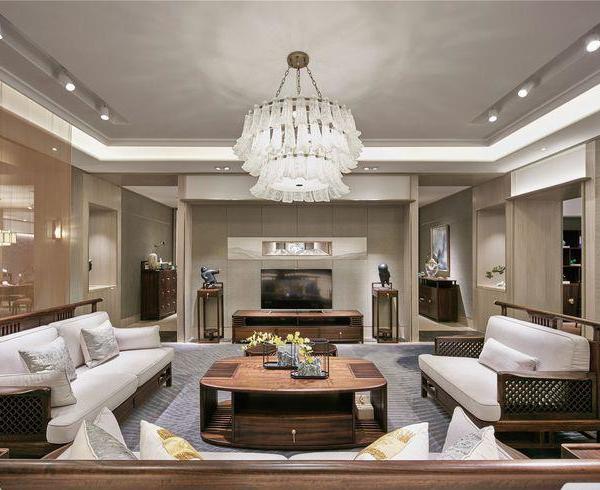The ephemeral installation at the entrance of the exhibition visualised the origins of Marcin’s work, his family history and the childhood memory of being surrounded by abandoned greenhouses. The installation lead to the main space, inviting visitors to pass through the ephemerality of nature. Photography by DSL Studio.
Making his Milan debut with a bang, Unnatural Practice was a showcase of Marcin Rusak’s most recent works together with archival and “in progress” pieces that inform the studio’s ongoing research. Expertly curated by Federica Sala, this solo exhibition took place at Ordet during Milan Design Week 2021 earlier this month.
“As the world came to a halt, the dynamic process of research and creation turned into restrained growth — a dense fermented environment where the end result is no longer an obstacle and possibilities become inexhaustible,” says Rusak.
The exhibition brought visitors into a still environment encouraging them to investigate the many layers of the studio’s work — an opportunity to see and understand the suspended substance of Rusak’s practice as a living catalogue of the decaying, ephemeral and preserved. In his work, elements such as flowers, leaves and plants are observed, analysed, reconstructed and transformed into raw material to be subsequently redesigned.
Unnatural Practice presented for the first time the deep sense of Rusak’s ongoing research and development phases that characterize the designer’s collections. From the Proustian sublimation of decay in the very first collection of Perishable Vases, via his Flora series (see more here and here), to the most recent collections of Protoplasting Nature, in which vegetable elements are petrified in metal or resin, opening a new path back to the formal Art Nouveau we know and advancing a new design era where natural elements can grow into beautiful functional objects.
Marcin Rusak collects and dissects, crystallises and destroys natural elements, giving them new life or transforming them into effigies of themselves. This process of temporal crystallization might seem an aesthetic path but it is, in reality, an elegy of the intrinsic movement of life and nature, whose elements — though suspended in their decay — continue to deteriorate with a slow trajectory that teaches us the passage of time and the value of its mutation.
Related: Marcin Rusak’s Botanical Lighting Objects are Made with Real Leaves Encased in Zinc.
Marcin Rusak’s Botanical Lighting Objects are Made with Real Leaves Encased in Zinc.
The exploration continued into the world of dynamic transmutations of nature, investigating the interaction between material and subject, science and art. From the ancient Egyptians’ abstracted lotus to the iconic designs of William Morris, it is apparent that the appeal of floral imagery is timeless. Flora material iterates upon this human impulse to incorporate the natural world in decoration by preserving, rather than representing decorative forms. The investigation into flower waste and the process of ageing sparked an idea of the material that evolves over time.
Protoplasting Nature is a family of furnishings composed of waste metal and botanical material. The creative act that implements the project focuses on complementary concepts of evolution and involution in time, making opposing processes evident — of life and death, renewal and decay — that intervene during an experiment of co-creation between vital and inert matter, the action of man and that of nature. The load-bearing structure of the pieces in this series is a reticular framework in steel wire, shaped by hand, a curved tangle of parts connected by a series of welding points. As a whole, it reflects the formal characteristics of furnishings in the style of the 17th century.
The exhibition saw the premiere of the Unnatural Practice film by Aga Beaupré, which focused on Marcin’s poetic research process.
Unnatural Practice began with an ephemeral installation at the entrance that visualised the origins of Marcin’s work, his family history and the childhood memory of being surrounded by abandoned greenhouses. The installation lead to the main space of the exhibition, inviting visitors to pass through the ephemerality of nature. Inside, a collection of perishable works explored nature’s perpetual cycles of renewal and degradation, showcasing the process of decay of the artworks as much as its final results.
Marcin invited his friend and collaborator, Barnabe Fillion, a French fragrance expert and perfumer, to create scents that would help describe his work. These were placed within the exhibition to complete the visual experience and enhance the “living” element of the pieces. Marcin and Barnabe focused on three main projects for the studio — Flora, Perishable Series and Protoplasting Nature — and approached the scents as if they were physical objects made of compositions of materials and processes.
The exhibition also saw the premiere of the Unnatural Practice film, written and directed by Aga Beaupré, which focused on the artist’s poetic research process. Watch it below.
Related: Flora Noir Furniture Collection by Marcin Rusak.
Flora Noir Furniture Collection by Marcin Rusak.
[Images courtesy of Marcin Rusak Studio. Short film by Aga Beaupré. Photography by DSL Studio.]
▼项目更多图片
{{item.text_origin}}

